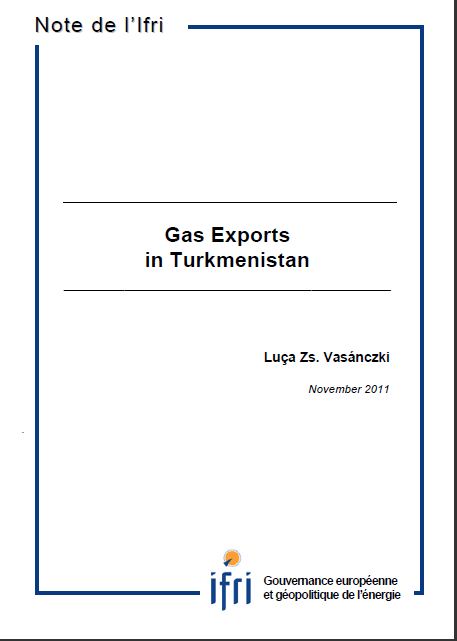
The Caspian region has been at the center of attention since Europe began seeking alternative routes to natural-gas resources. Turkmenistan has the potential to become an important gas exporter to Europe.
As a landlocked country, Turkmenistan until recently has relied on post-Soviet pipeline infrastructures. The Central Asian republic has been at the mercy of Moscow’s energy policy, which overlaps its foreign policy.
At the same time, the revenue from gas exports is an essential part of the Turkmen national budget. This prompted Ashgabat to look for energy partners bypassing Russian territories. It started to convey natural gas first to Iran and then to China. This gave Turkmenistan strong leverage vis-à-vis Moscow.
Ashgabat has not decided to export every gas molecule eastward, but, in jeopardizing its relations with Moscow, it expects more than empty pledges from Europe.
On the other hand, a simple question emerges: Does Europe really need alternative sources? The answer is in the hands of Gazprom and Russian policymakers.

Available in:
Regions and themes
ISBN / ISSN
Share
Download the full analysis
This page contains only a summary of our work. If you would like to have access to all the information from our research on the subject, you can download the full version in PDF format.
Gas Exports in Turkmenistan
Related centers and programs
Discover our other research centers and programsFind out more
Discover all our analysesPlacing the EU on a Warfare Footing: Energy and Raw Materials Priorities for 2026
The year 2025 has confirmed that one must prepare for much worse in the field of geopolitics and geoeconomics as the intensity and frequency of shocks increase and as the European Union (EU) has no more stable flanks now that crises with the United States (US) become so frequent and reveal a systemic rift. In the world, barriers to trade multiply and dependencies are weaponized.
Brazil One Year Away from the October 2026 General Elections
Brazil’s general elections will be held on October 4, 2026, to elect the president, vice-president, members of the National Congress, governors, deputy governors and state legislative assemblies. For the presidential and gubernatorial elections, a second round will be held on October 25 if no candidate obtains a majority of the votes in the first round.
COP30: An Inflection Point for Climate Action and Governance
The 30th Conference of the Parties (COP30), opening in Belém, Brazil, on November 10th 2025, convenes at a perilous moment.
The Strategic Dimension of Skills in the Clean Industrial Deal
In the competitiveness and energy transition battles, the European Union (EU) must master a determinant factor: skills.











